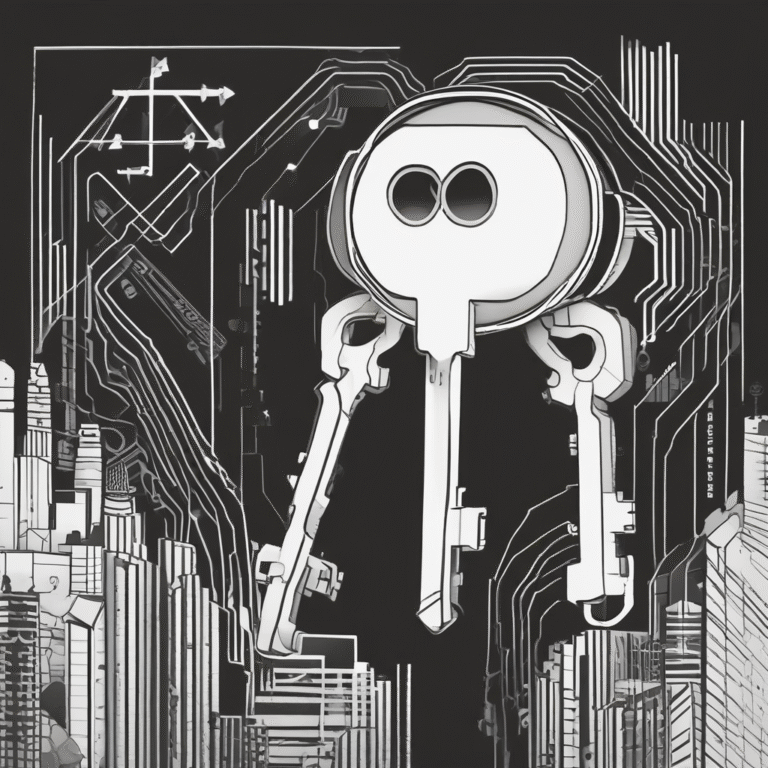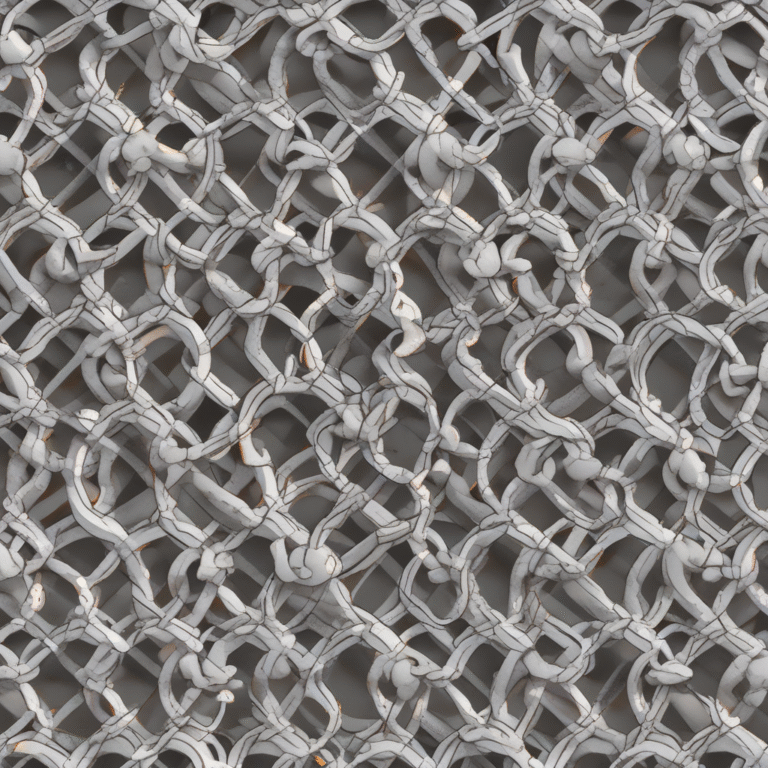Inspecting GenAI Outputs for Safer AI Adoption
As organizations increasingly integrate generative AI tools such as Zoom AI Companion and Microsoft Copilot into their operations, a significant focus has emerged on establishing robust guardrails. These guardrails aim to manage permissions, restrict data access, and set clear usage policies. While this foundational layer is crucial, it is important to recognize that it does not encompass the entirety of AI safety. Guardrails primarily limit what AI can see, but not necessarily what it can say.
With the growing reliance on AI to generate summaries, meeting notes, and chat responses, companies are confronted with new compliance and risk challenges. Questions arise such as: Was private or sensitive data inadvertently disclosed? Did the AI include necessary disclaimers or required statements? If a problematic statement emerges, can it be flagged and corrected in real time? Additionally, who determines which AI-generated content is archived, and for how long? This is where inspection becomes a critical next step in the responsible use of AI.
The Importance of Inspection
Inspection serves to bridge the gap between the policies created by organizations and the reality of the outputs generated by GenAI tools. By offering forensic-level visibility into AI-generated content, inspection ensures that outputs comply with internal rules, regulatory standards, and retention policies. This process empowers organizations to adopt AI with greater confidence, knowing they possess the mechanisms to monitor and control the results.
Theta Lake’s AI Governance & Inspection Suite
Developed specifically for this purpose, Theta Lake’s AI Governance & Inspection Suite has garnered recognition as a leading vendor for investigations and internal analytics. This suite extends trusted capabilities to GenAI applications, providing tailored modules that inspect AI-generated content across major Unified Communication and Collaboration (UCC) tools, including Microsoft Copilot and Zoom AI Companion.
Key Features of the Inspection Modules
The Microsoft Copilot Inspection module allows teams to review AI-generated chat responses and document summaries, detecting risky phrases and ensuring that essential elements like disclaimers are present. Similarly, the Zoom AI Companion Inspection module verifies meeting summaries for accuracy, sensitive content, and the inclusion of appropriate legal language. Furthermore, the suite features AI Assistant & Notetaker Detection, which identifies when silent bots are eavesdropping during meetings, enabling teams to implement reviews and retention policies automatically.
Proactive Problem Resolution
Beyond merely identifying issues, Theta Lake’s suite facilitates rapid remediation. Organizations can incorporate notifications into chats or meetings to highlight potential breaches, amend non-compliant content, and log incidents for future audits. They also have the ability to determine which AI-generated content is retained and for what duration, thus avoiding unnecessary data storage costs and inflated archives.
Validation Beyond Final Outputs
Validation extends beyond the review of final outputs. Organizations can assess both the user prompts directed at the AI and the AI’s responses, ensuring that all interactions remain within policy boundaries. This is vital not only for legal and regulatory compliance but also for adherence to conduct rules and maintaining brand tone. Such scrutiny provides compliance teams with a clear understanding of how GenAI tools operate in practice, as opposed to merely in theory.
Addressing Under-the-Radar Risks
Theta Lake’s approach also addresses risks that may not be immediately apparent, such as silent notetaker bots or transcription tools that capture conversations without participants’ knowledge. By detecting these tools in real time, companies can maintain adequate oversight and take necessary action. Moreover, if sensitive information such as PCI or PII appears in AI outputs, Theta Lake enables immediate documented remediation.
Efficient Capture and Retention Strategies
This selective method of capture and retention ensures that only essential information is preserved, whether it be a chat, summary, or specific type of interaction. Regulated entities can maintain compliance while keeping data storage lean and manageable.
Conclusion
Trusted by heavily regulated sectors for communication compliance, Theta Lake’s inspection capabilities now extend to GenAI and other emerging AgenticAI tools. For organizations seeking to go beyond merely restricting what AI can see, Theta Lake transforms inspection into a practical strategy for safe AI enablement. This allows organizations to advance confidently, inspect outputs, and shape the future of work.










